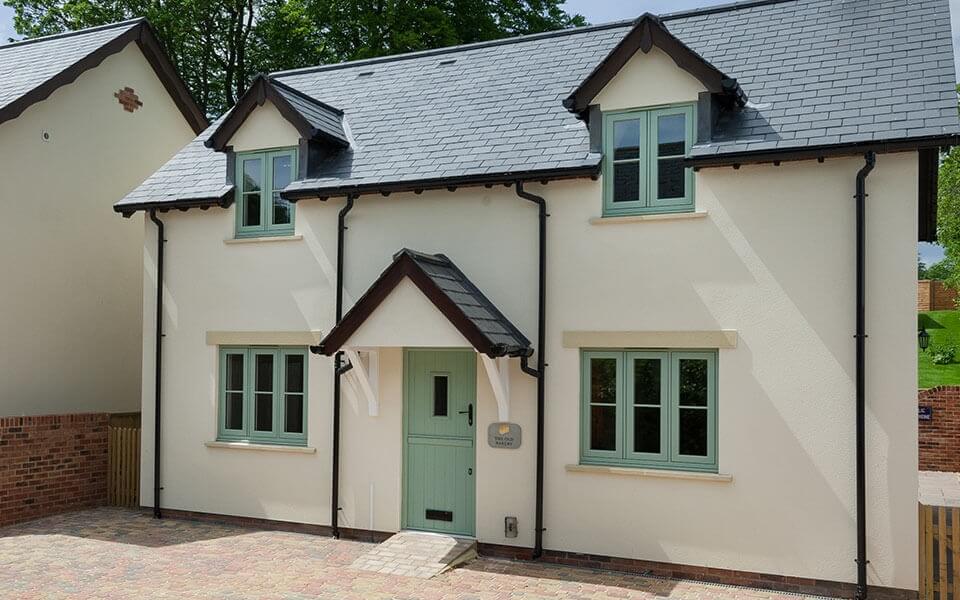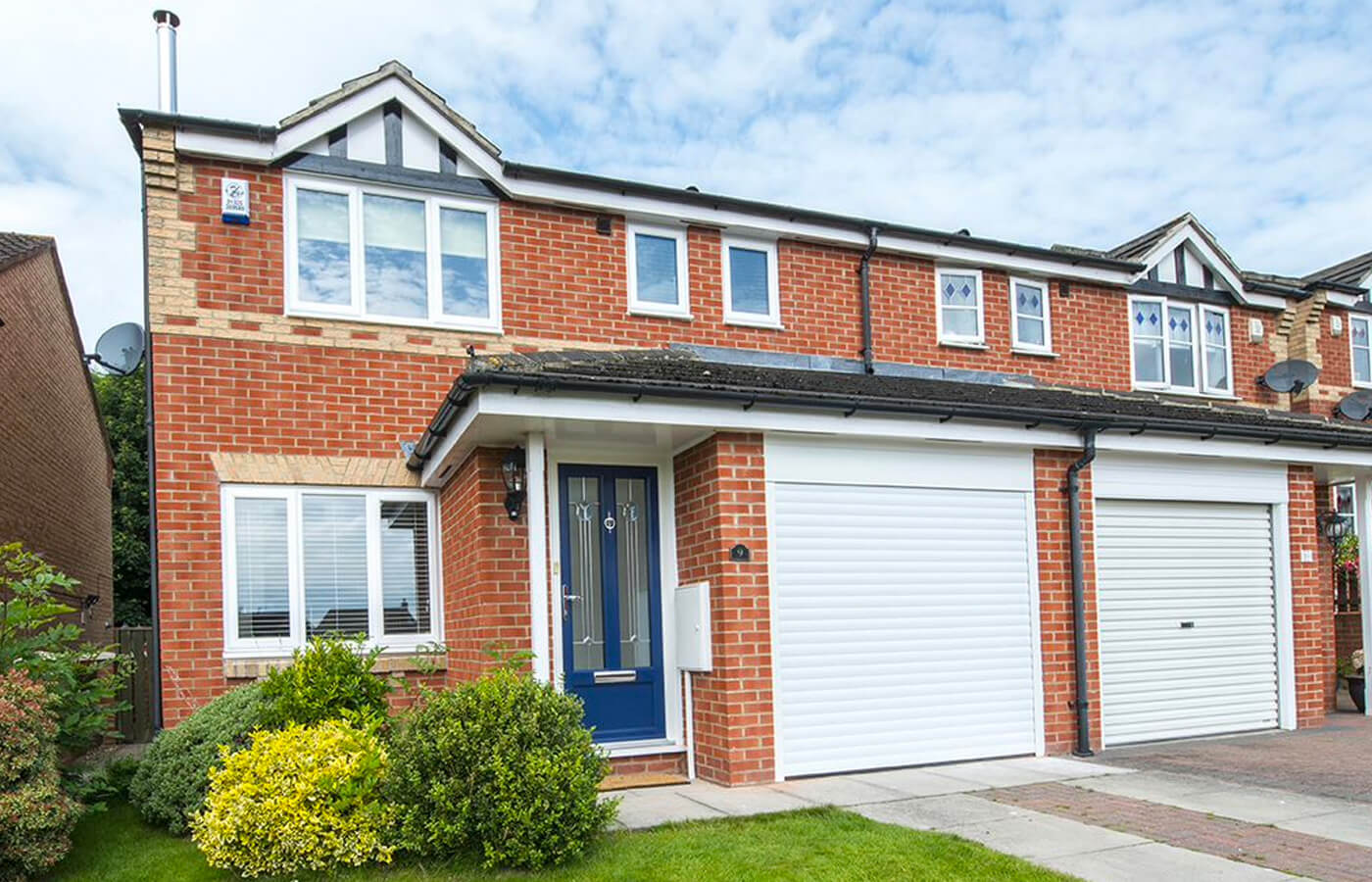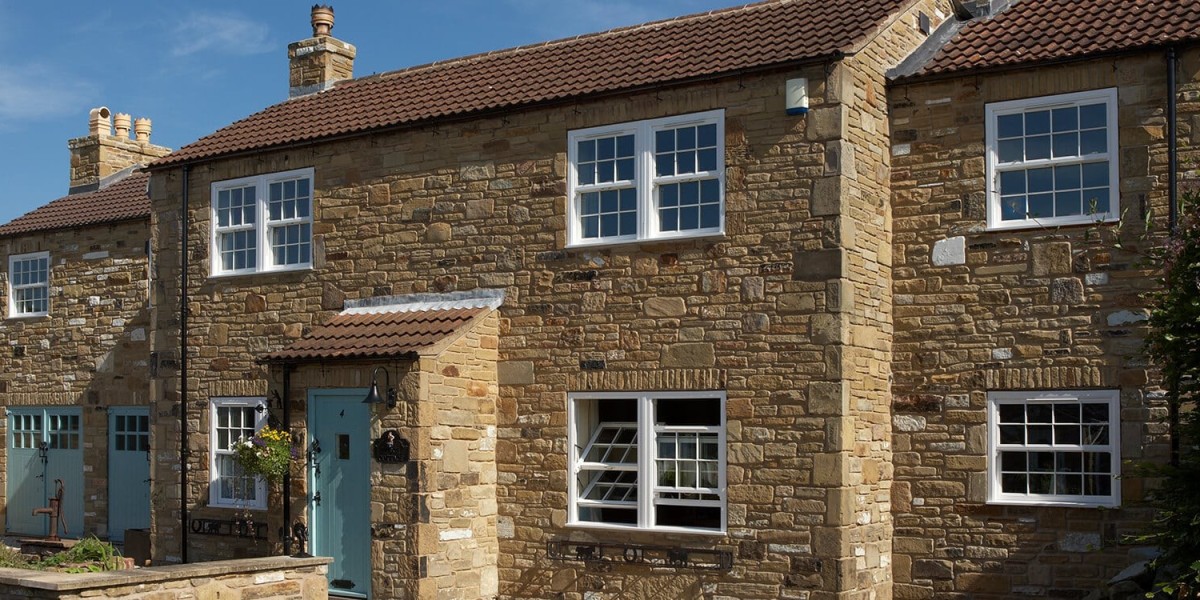
Double glazing refers to the installation of two panes of glass within a single window frame, creating an insulating barrier that significantly enhances energy efficiency, noise reduction, and overall comfort in residential and commercial buildings. This technology has gained immense popularity over the years, becoming a standard feature in modern construction and home renovations. This article explores the mechanics of double glazing, its benefits, and its impact on energy consumption and living conditions.
The Mechanics of Double Glazing
At its core, double glazing consists of two sheets of glass separated by a space filled with air or gas, typically argon or krypton. This space acts as an insulator, https://blogbuz.co.uk/cost-vs-benefit-the-economics-of-window-replacement-in-watford/ reducing the transfer of heat between the interior and exterior environments. The glass panes are sealed around the edges to create a hermetically sealed unit, preventing moisture and air from entering the cavity.
The effectiveness of double glazing can be attributed to several factors:
- Thermal Insulation: The air or gas between the panes slows down the conduction of heat. This means that in winter, heat generated within the home is retained, while in summer, external heat is kept at bay. This results in a more stable indoor temperature, reducing the reliance on heating and cooling systems.
- Sound Insulation: Double glazing significantly reduces noise pollution from the outside environment. The two panes of glass, combined with the air gap, dampen sound vibrations, making homes quieter and more comfortable, especially in urban areas or near busy roads.
- Condensation Prevention: The insulating properties of double glazing help to maintain the temperature of the inner pane of glass, reducing the likelihood of condensation forming. This is particularly beneficial in areas with high humidity, as it minimizes the risk of mold and mildew growth.
- Safety and Security: Double-glazed windows are generally more robust than single-pane windows. The two layers of glass make it more difficult for intruders to break in, providing an additional layer of security for homes and businesses.
Benefits of Double Glazing
The advantages of double glazing extend beyond just thermal and acoustic insulation. Here are some key benefits:
- Energy Efficiency: One of the most significant benefits of double glazing is its impact on energy efficiency. By reducing heat loss, homes can maintain a comfortable temperature with less energy consumption. This translates to lower energy bills and a reduced carbon footprint, making double glazing an environmentally friendly choice.
- Increased Property Value: Homes equipped with double glazing are often more appealing to potential buyers. The energy efficiency and comfort provided by double-glazed windows can increase a property's market value, making it a worthwhile investment for homeowners.
- Improved Comfort: Double glazing contributes to a more comfortable living environment. By minimizing drafts and maintaining a consistent indoor temperature, residents enjoy a more pleasant atmosphere throughout the year.
- UV Protection: Double-glazed windows can also provide some level of protection against harmful ultraviolet (UV) rays. This is particularly important for preserving furniture, carpets, and artwork, which can fade over time when exposed to direct sunlight.
- Low Maintenance: Double-glazed windows are generally low maintenance. The sealed units are designed to last for many years without needing replacement, and the materials used in their construction are often resistant to wear and tear.
Considerations When Choosing Double Glazing
While double glazing offers numerous benefits, there are important factors to consider when selecting the right type for your needs:
- Frame Material: Double glazing can be installed in various frame materials, including uPVC, wood, and aluminum. Each material has its own advantages and disadvantages in terms of aesthetics, insulation properties, and maintenance requirements. Homeowners should choose a frame that aligns with their budget, style preferences, and energy efficiency goals.
- Gas Filling: The gas used between the panes can affect the thermal performance of the window. Argon gas is the most common choice due to its excellent insulating properties and cost-effectiveness. Krypton gas, while more expensive, offers even better insulation and is ideal for narrower spaces.
- Glazing Options: There are various types of double glazing available, including low-emissivity (low-E) glass, which reflects heat back into the home while allowing light to enter. Homeowners should consider their specific needs, such as energy efficiency, UV protection, and noise reduction, when selecting the type of glass.
- Installation Quality: The effectiveness of double glazing largely depends on the quality of the installation. It is crucial to work with reputable professionals who have experience in fitting double-glazed windows to ensure optimal performance and longevity.
Conclusion
Double glazing represents a significant advancement in window technology, offering a multitude of benefits that enhance the comfort, energy efficiency, and security of homes and commercial buildings. With its ability to reduce heat loss, minimize noise pollution, and improve indoor air quality, double glazing has become a preferred choice for homeowners looking to invest in their properties.
As energy costs continue to rise and environmental concerns become more pressing, the demand for energy-efficient solutions like double glazing will likely increase. Homeowners who invest in this technology not only enjoy immediate benefits but also contribute to a more sustainable future. With careful consideration of materials, gas fillings, and installation quality, double glazing can provide a long-lasting solution that enhances the quality of life for residents while protecting the planet.








